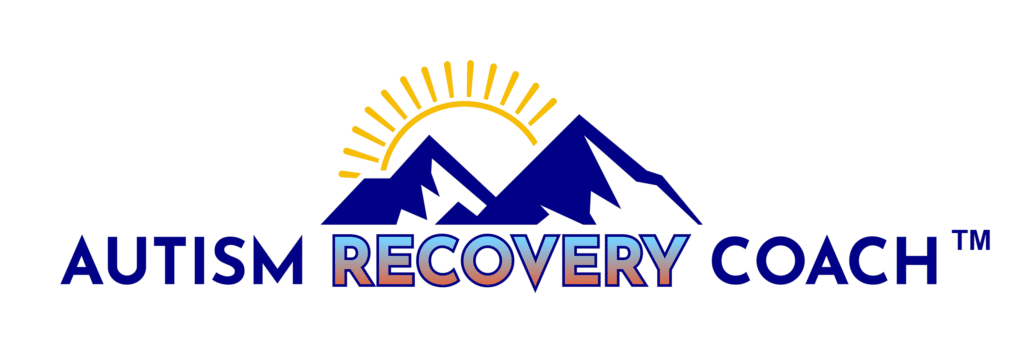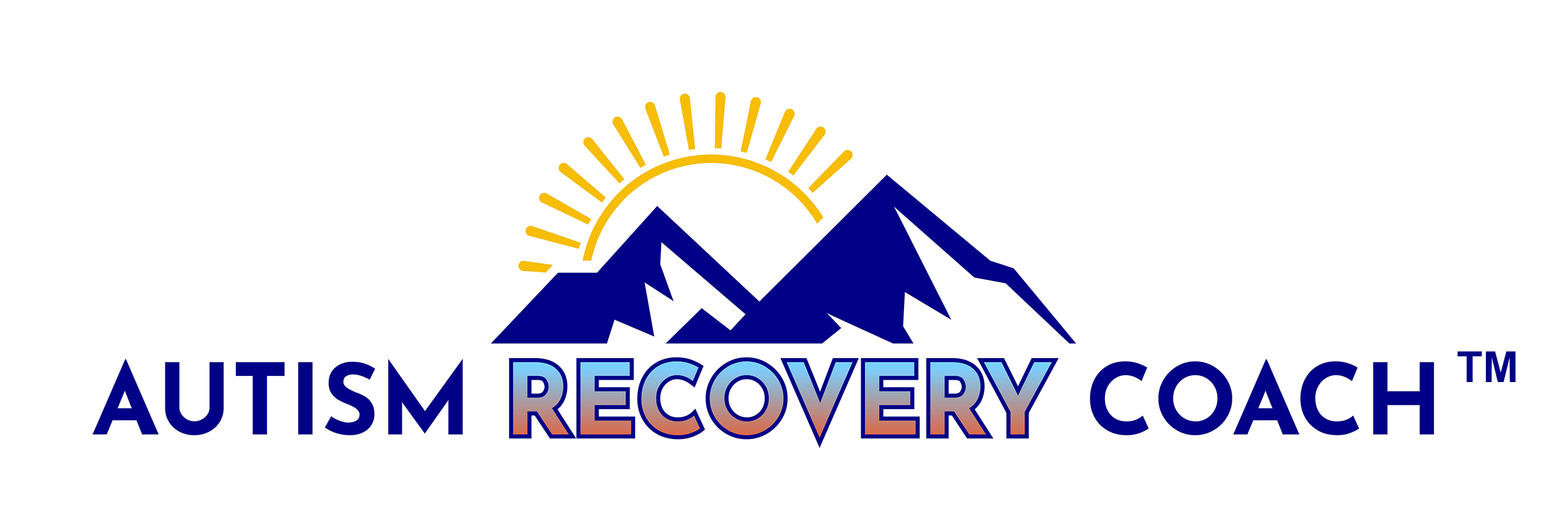Diagnosing autism in girls presents unique challenges within the realm of neurodevelopmental assessments. Autism Spectrum Disorder (ASD) has often been perceived as primarily affecting boys due to diagnostic biases and differences in how the condition manifests in different genders. For many years, this has led to the underdiagnosis or delayed diagnosis of autism in girls. Here’s what an autism personal coach has got to say:
Different Presentation in Girls
Autism in girls frequently exhibits differently from that in boys, leading to overlooked or misinterpreted symptoms. Girls might display less overt, stereotypical behaviors associated with autism. While boys might demonstrate more recognizable traits, such as repetitive behaviors or intense special interests, girls often develop coping mechanisms that mask these symptoms, making their condition less conspicuous. They might engage more in mimicking social behaviors or camouflaging their autistic traits, which can go unnoticed in clinical assessments.
Social Camouflaging and Its Impact
The ability of many girls with autism to camouflage or mask their symptoms often leads to a significant delay in seeking or obtaining a diagnosis. These girls might spend a lot of time studying or observing their peers to imitate social cues and behaviors. Consequently, they might seem to fit in, making their challenges less evident and diagnostic evaluation more complex. This social mimicry, while aiding in short-term social integration, can lead to immense mental exhaustion and emotional stress due to the effort required to keep up appearances, contributing to anxiety or depression.
Diagnostic Biases and Misconceptions
Historically, diagnostic criteria for autism have been based on observations made predominantly in boys, which can result in missing the distinctive symptoms displayed by girls. Professionals using these criteria might miss subtle signs of autism in girls, leading to misdiagnosis or overlooking their need for support. The diagnostic tools often focus on male-dominated behaviors, and traits such as intense special interests in specific topics might not be recognized in girls due to differences in the types of interests they might exhibit.
Seeking a More Inclusive Diagnostic Approach
Recognizing the inherent biases and gender-specific differences in the presentation of autism is critical for early identification and support in girls. Clinicians and diagnosticians need to adopt a more comprehensive and gender-sensitive approach to assessing autism in girls. The understanding of how autism manifests in different genders must evolve to be more inclusive, considering the varied ways in which girls might express their autistic traits.
Challenges in Educational Settings
The delayed diagnosis in girls might extend into their educational journey. Late identification can lead to delayed or inadequate support in academic settings. Without an appropriate understanding of a girl’s specific needs, educational institutions might struggle to provide the necessary accommodations and resources, hindering their educational progress. Therefore, it’s essential to create awareness among educators to recognize and understand the varying expressions of autism in girls to ensure adequate support within educational environments.

Get in touch with an autism coach
To better support children with autism, especially girls, it’s essential to address the existing biases in diagnostic criteria and create a more inclusive evaluation method. Understanding and recognition of the distinct ways in which autism presents in girls are crucial for timely diagnosis and provision of adequate support.
Christopher Soppet at Autism Recovery Coach can help you explore tailored interventions and helpful resources. His services include biomedical autism treatments, autism recovery strategies for social interactions, and ASD coaching for adults.
Contact him today!



